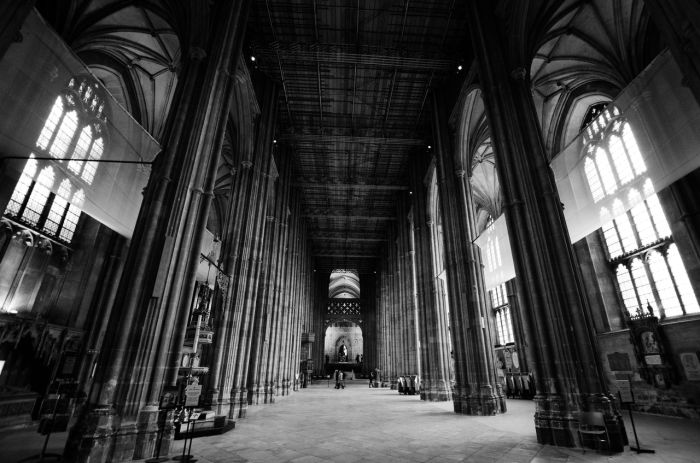The greatest challenge to race relations in the US is whiteness. Not in skin color, but the belief that European cultural roots are fundamentally better.

Part 1
“If Trayvon was of age and armed, could he have stood his ground on that sidewalk?”
—President Barack Obama, July 19, 2013
This is the question we refuse to answer honestly. Because we don’t want to admit that the answer is no.
“Why are black murder victims put on trial?”
—L.Z. Granderson, CNN contributor
Because Anglo-Saxon self-identity is built on a myth of exceptionalism. Therefore, next to white, European culture, all others become definitionally inferior. The black body becomes inherently guilty, lesser, chattel. He can’t ever be free.
“Oh, I believe [Trayvon] played a huge role in his death…He could have walked away and gone home.”
—Juror from the trial for Trayvon Martin’s killer
Stand Your Ground imposed an expectation to retreat on Trayvon Martin while granting Trayvon’s killer the right to pursue. The jury judged the free young man for defending himself and defended the man who pursued and killed him.
Unequal
We cannot apply Stand Your Ground laws equally because they definitionally restrict freedom. Just as Anglo-Saxon exceptionalism definitionally divides. For one to be exceptional, no others may be.
Black freedom doesn’t divide us. But whiteness does. Because whiteness privileges itself.
Whiteness was born from Anglo-Saxon exceptionalism and founded in the ridiculous belief of cultural and genetic superiority. But it defends itself through the language of equality. It wants us to treat whiteness (not only race but culture) as both the dominant system and one of the optional systems.
It protects itself and its sins, including slavery, Jim Crow, and mass incarceration by justifying each decision, each moment in isolation. Without acknowledging a dual-citizenship: superior and equal, like players and referees at the same time.
This is a reflection on Part 1 of Kelly Brown Douglas’s book, Stand Your Ground: Black Bodies and the Justice of God. A reflection on Part 2 is next.
I encourage you to read my previous summaries and reflections.
